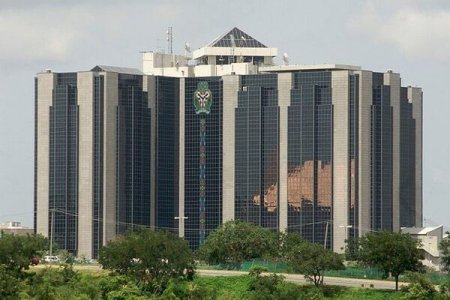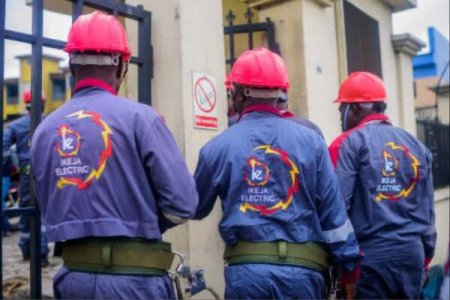
The Central Bank of Nigeria (CBN) has initiated a comprehensive plan aimed at "decongesting" its head office, as outlined in a recent circular dated January 12, 2023, addressed to all staff. The directive, issued by the director of the human resources department, underscores the imperative of aligning with safety standards and optimizing office space efficiency.
Citing mounting safety concerns, heightened health and accident risks, and the imperative of compliance with building regulations, the circular highlights the necessity of the relocation. The decision comes in response to repeated warnings from the facility manager and recommendations from the committee tasked with decongesting the CBN head office building.
Among the significant changes outlined in the circular is the relocation of several key departments to Lagos. These include:
- Banking Supervision: Responsible for overseeing the banking sector, ensuring compliance, and maintaining stability.
- Other Financial Institutions Supervision: Tasked with regulating non-banking financial institutions to safeguard the financial system.
- Consumer Protection Department: Dedicated to protecting the rights and interests of consumers in financial transactions.
- Payment System Management Department: Facilitating efficient and secure payment systems to support economic transactions.
- Financial Policy Regulations Department: Formulating and implementing policies to regulate financial activities and promote economic stability.
As the affected departments prepare for the transition, attention turns to the logistical challenges and potential benefits of the relocation. Experts anticipate improved efficiency, greater accessibility, and enhanced regulatory enforcement in the financial sector, albeit with adjustments required for staff and infrastructure.


![Today's Naira Rate [05-05-2024]: Naira Weakens to 1,430 Against USD as Demand for Foreign Currency Skyrockets](/data/attachments/203/203661-8457c57119a478bc5717b11aa4a694ef.jpg)

